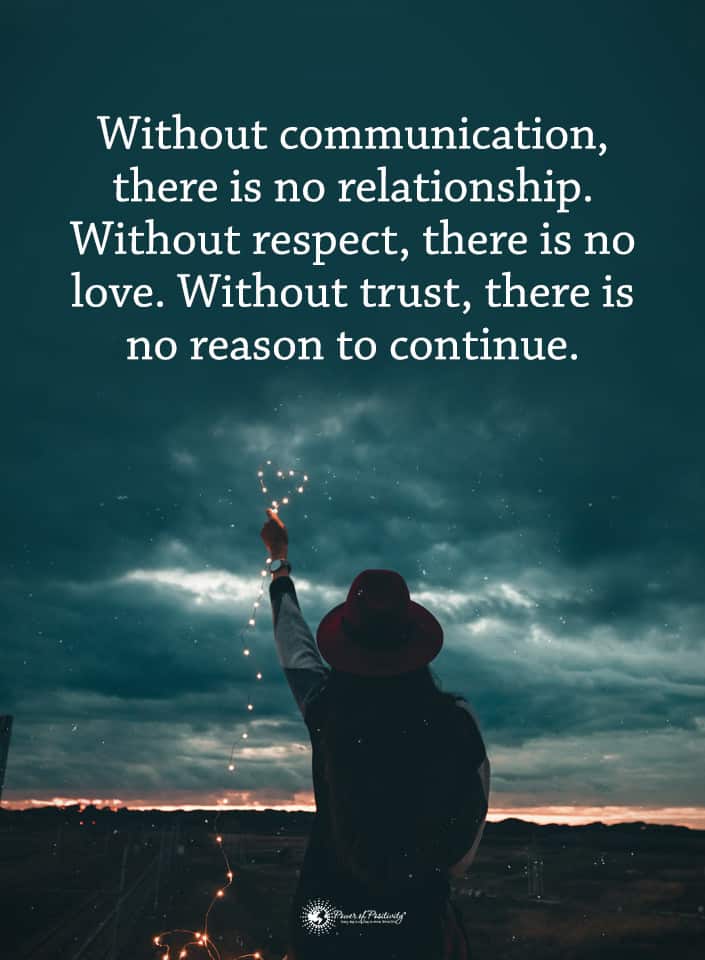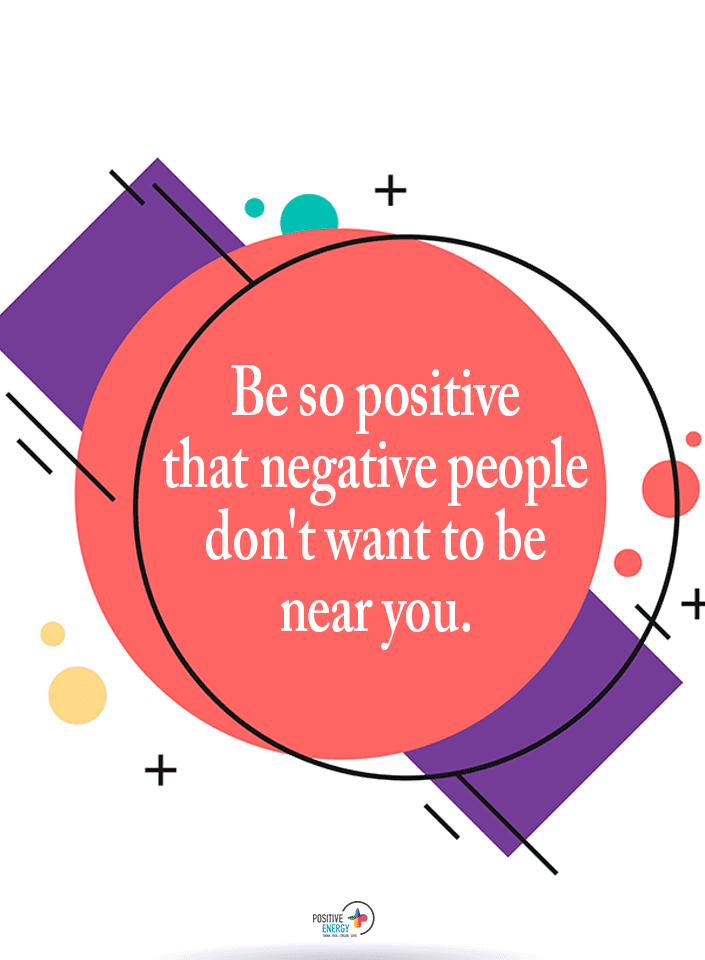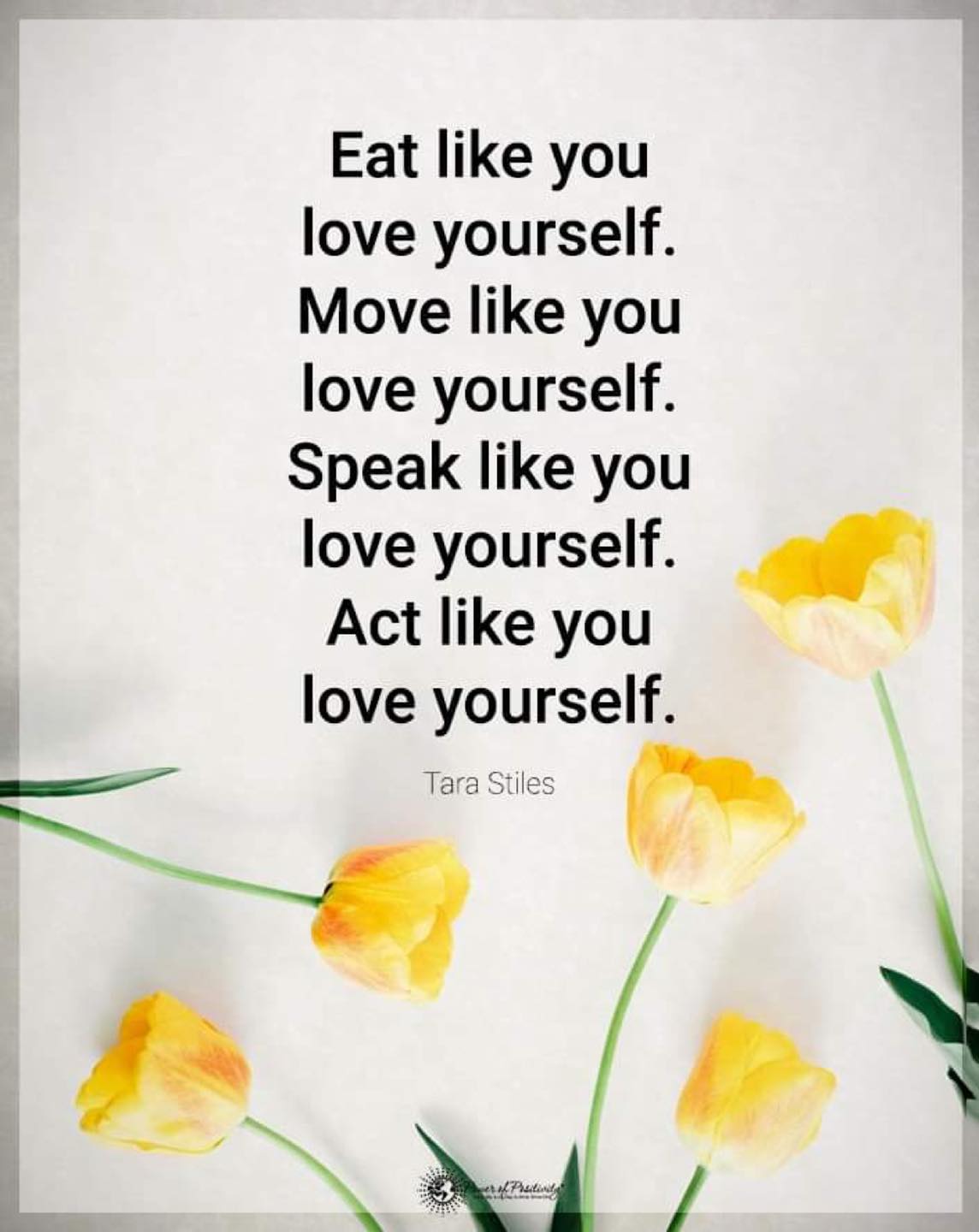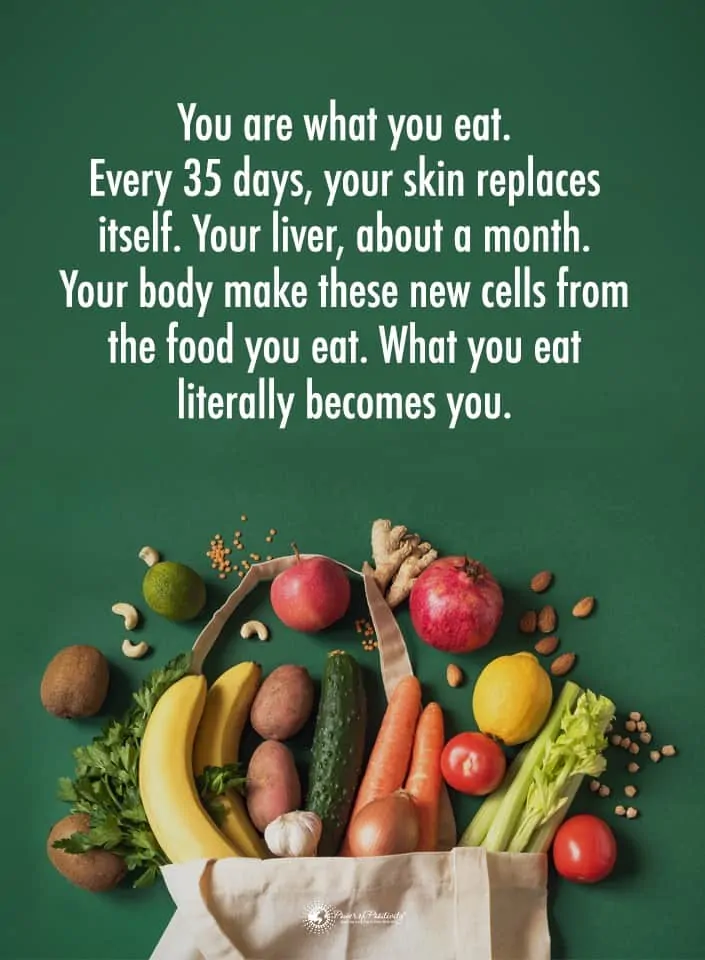Do you see any of these five signs of potential trouble in the woman you love? If so, then she might not be The One for you. It’s not always easy to come to terms with the fact that you aren’t compatible. The good news is that you might be able to fix things.
A relationship disconnect is very hard to repair when love and expectations do not match up. It might be better to walk away from the relationship instead of marrying her if she’s not the one true love for you. You and she both deserve a joyful life, full of peace of mind.
When you are looking for The One, you must be compatible with her in what is most important to you. However, you must also be ready to change part of your life to fit the needs of the most important woman. Your own beliefs, opinions, expectations, feelings, and actions can determine whether or not she is The One for you.
Note: These signs can apply to either men or women. Consider them a good rule of thumb, regardless of gender. We based this article based on psychological studies of women, whose behavior sometimes differs from that of men. You can also read our article on signs that he is not right for you.
5 Signs She Is Not “The One” For You
One thing to remember when looking for the woman who will be The One for you is the reality of age. If your love interest is younger than fifty, she may still be interested in having children with someone she sees as an excellent potential father. Researchers found that reproductive drives often push mate selection for women. Researchers say that women who can find a high-earning mate tend to have more children. Also, with a mate who earns more, her children will be healthier and more likely to carry on her genetic line by having their own children.
So if you do not want to start a family and you learn that she does, respectfully part ways so that you can both have all you want in life. Please read on if you and your partner are on the same page on this very urgent issue.
1. She is not the one for you if you wish to change her
People are capable of change, but only if they want to. If you want her to change something about herself, it will hurt her self-esteem to know that you do not accept her as she is. That wound of hurt you have created by not loving and accepting her as she is will eat away at her and make her angry at you.
She can change when she puts her mind to it. If the change you want her to make is also one she wants for herself, she might still be The One for you. Ask her if this is something she also dislikes about herself and help her change. Otherwise, accept her ‘flaw’ as you see it, or move on.
2. She is not the one for you if you do not see her as an equal
Preferences for character traits like a sense of humor are different for women in different cultures, but one thing any woman is looking for in a mate is someone who treats her as his or her equal. Respect should be an automatic gift you give any woman who you might think is the one. But true equality is more than that.
Treat your excellent female partner the way you would want to be treated. For example, make sure you both have a say in critical financial decisions if she earns less money than you happen to make. Conversely, many women today are primary wage-earners. Sso don’t be intimidated and put her down to make yourself feel better about her high income. Neither scenario is a recipe for success.
3. She is not the one for you if her friends and family don’t get along with you
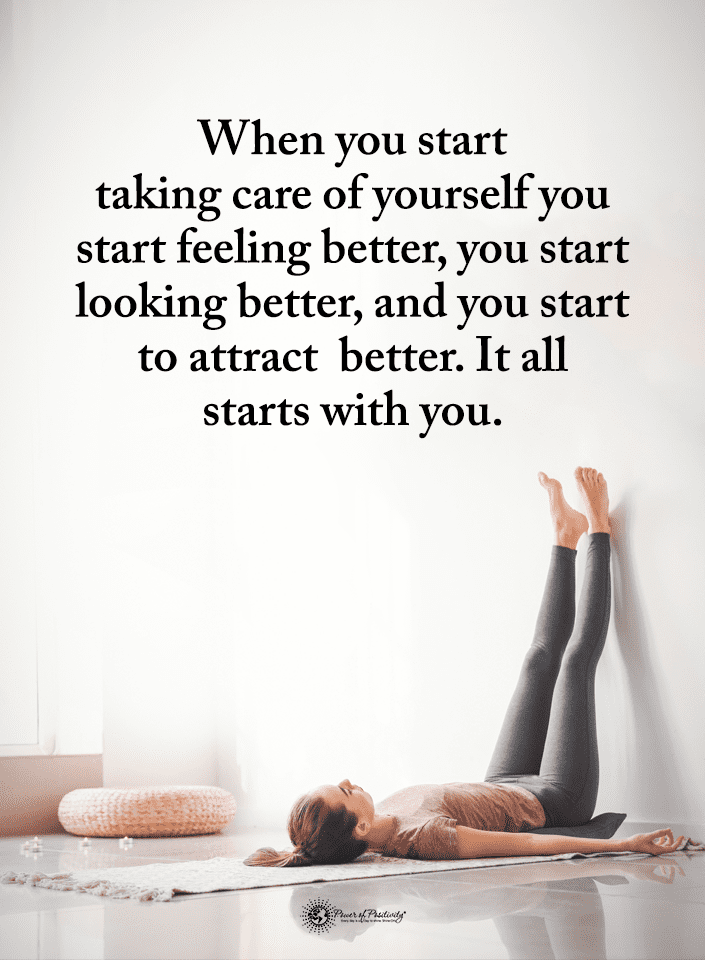
She’s had those close relationships with family and friends long before you came along. It’s not likely that she will dump them all for you. It will not work if you can’t play nice with her family when you see each other.
Ultimately, the opinions of those close to her are very important when it comes time for her to choose her life partner. You might get the boot if her friends think you’re not her.
When you spend time with her close friends or family, resolve to be courteous, not take anything personally, and find a way to have a good time, even if an evening with her family is like seeing the dentist.
4. She is not the one for you if you aren’t comfortable being alone together doing nothing
The initial attraction is insufficient to sustain a relationship with The One. Make sure that you are blissfully happy just hanging out with her. Picture yourself old and sitting beside her in a rocking chair and ask yourself if you will still be happy. Some couples have that easy way about them–and most people do want that, even if they don’t see it right now.
Alone time is a great time to check in with her and ask her if there’s anything she needs to talk to you about. Allowing her time to express her feelings while you listen is essential. If you can’t handle the touchy-feely talk time, it’s a good sign that she, or any woman, is not likely The One for you right now.
5. She is not The One for you if her future goals are not the same as yours
It’s hard to see a future together when your beloved wants to save the condors, and you want to be a world-renowned pastry chef, but weirder combinations of ambitions and dreams do sometimes work out for soulmates.
This future goal difference is only an absolute deal-breaker if you refuse to change or adapt your lifestyle to accommodate hers. What if you both moved to the Grand Canyon so she could save the condors, and you opened a pastry shop on the rim for the millions of visitors each year?
Even if your love does share some of these five signs in common, you might be able to repair things. Saving your relationship and making sure she chooses you as The One could be as easy as a change of mind on YOUR part. If not, it’s too bad because she’s not The One for you, but she will be The One for the person willing to change to help her achieve her dream.

Final Thoughts on Realizing Your Partner is Not The One for You
You might be in love with a new partner. But unfortunately, love is not the only glue that holds together a long-term, successful relationship. Besides the warm and fuzzy glow, you must have compatible personality traits, share similar goals and values, and respect each other. Without those ingredients baked into every aspect of the relationship, the initial attraction will fade, and things will fall apart.
Love is hard. It takes work and commitment. But you will find it easier to find the one person for you once you know what traits will help you build a strong foundation for your love.





